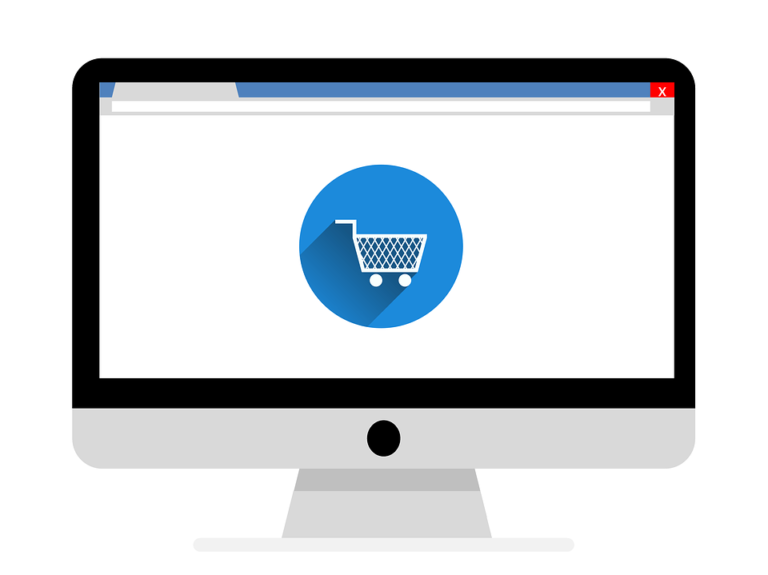By: Manal Richa
One of the easier and most convenient businesses to get started is an on-line business. It tends to have lower start-up costs than a brick and mortar business and can be started out of your home allowing you to work at your own pace and on your own time. But, there are unique aspects of running an online-only company that you would need to consider particularly if this is your first online business.
To increase your chances of success, it pays to plan ahead and think about how you want things to work before you dive in.
BRIANA MORGAINE in her article titled 4 Steps to Starting an Online Business lays out a few of the various types of online businesses that you might be interested in starting. Some of the suggestions are around business that are based around existing platforms such as Etsy and eBay; other suggestions are focused on self-hosted eCommerce sites. Excerpts of the article appear below.
An eCommerce site:
An eCommerce site is the most direct form of online business you can start; with a self-hosted eCommerce site, you will be selling your goods and services directly to your customers, without a “go-between” such as eBay or Etsy (we’ll get to those more later).
The best part about a direct eCommerce site is the level of control you have over your store. You’ll be able to customize virtually all the options when setting up your own eCommerce site, such as the complete look and feel of your store, but this flexibility makes the process that much more complicated, too.
Your biggest considerations with an eCommerce site will be setting up your website to offer the best user experience. Choosing the right web design is crucial, as is making sure that your shopping cart software is well-suited for your business. Be sure to check out the various shopping cart options available—from Shopify to X-Cart and many more.
An Etsy store:
An Etsy store is, by comparison, relatively easy to set up. The format of an Etsy store remains relatively similar store to store, though you will have the ability to customize your layout a little. However, all customers will buy through the Etsy interface, and the legwork to get your site up and running is minimal. This may be a positive or a negative to you, depending on how much control you wish to maintain over your site.
The biggest consideration, aside from the lack of flexibility? Etsy is a site for creative types, and focuses on handmade items. Now, if you sell handcrafted goods, resell vintage items, create and sell your art, and so on, you’ll fit in on Etsy no problem—in fact, it might be perfect for you.
But, if what you’re selling will be mass-produced, you’ll want to steer clear; although Etsy has recently made it clear that while they allow their sellers to potentially partner with outside businesses to make their products, mass-produced goods are not welcomed on Etsy.
An eBay store
Similar to Etsy, starting an eBay store has some significant advantages, which are also at the same time potential downsides. As with Etsy, you won’t have to set up a website, customize your online storefront, or choose a shopping cart software—when you use eBay to sell your products, that’s all included.
However this means, like Etsy, that your customers will have to go through eBay to buy from you, and you’ll also have little control over the visual layout of your store. As with Etsy, this may be a pro or a con for you, depending on your business.
Unlike Etsy, there is no stipulation with eBay stores that the goods be handcrafted or vintage resale. However, there are still certain items that are prohibited, so make sure to look into the details of selling on eBay before you decide that it’s the right choice.
To learn more about the steps to starting you own eCommerce business, attend the upcoming workshop presented by Manal Richa titled Building your E-Commerce Business – How to Achieve Success.
About Manal Richa: As a business owner who has managed her consulting firm since 2008, Manal specializes in serving small businesses with their branding, marketing campaigns, social media marketing strategies, effective client communications and successful on-line presence.



